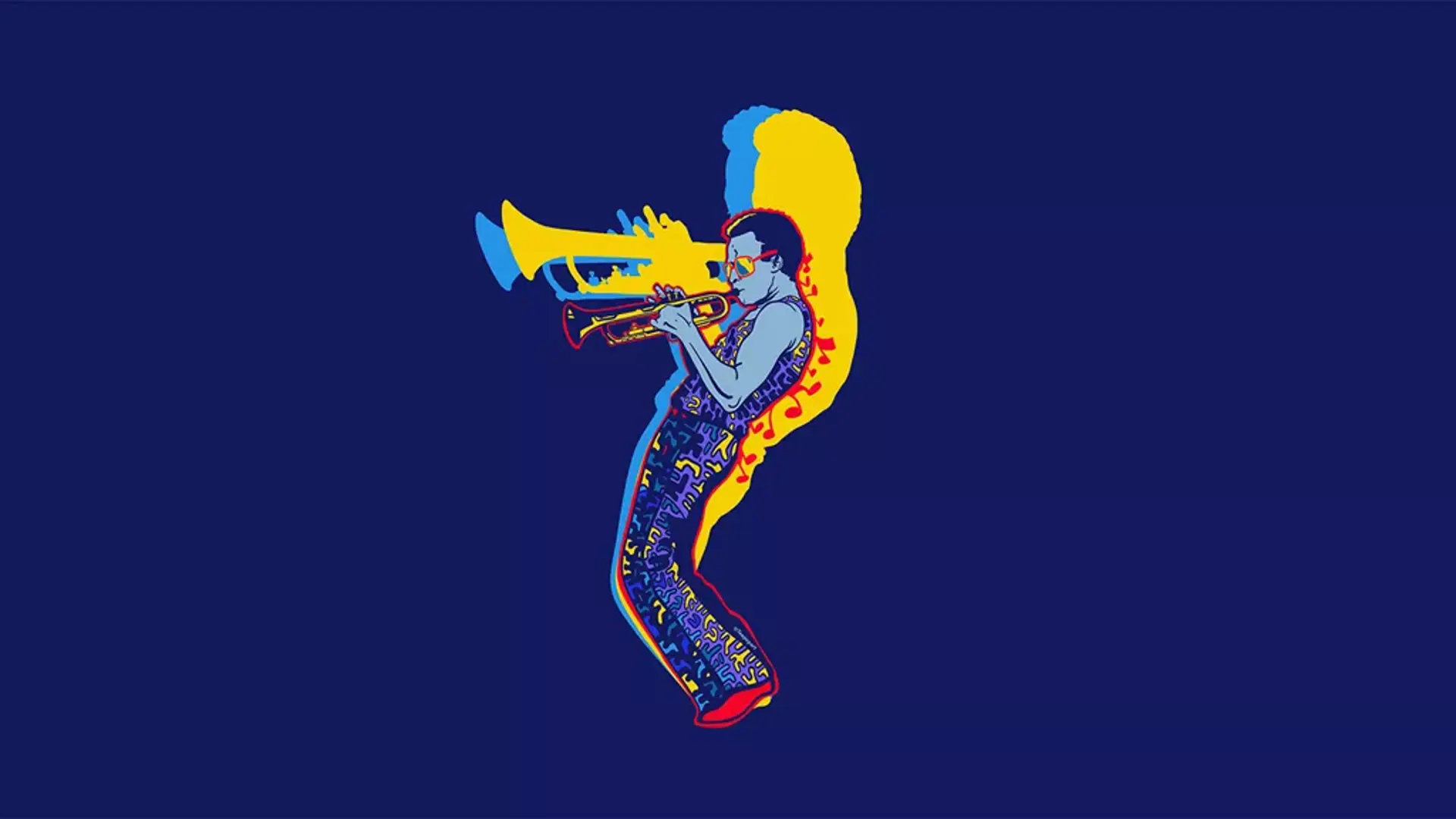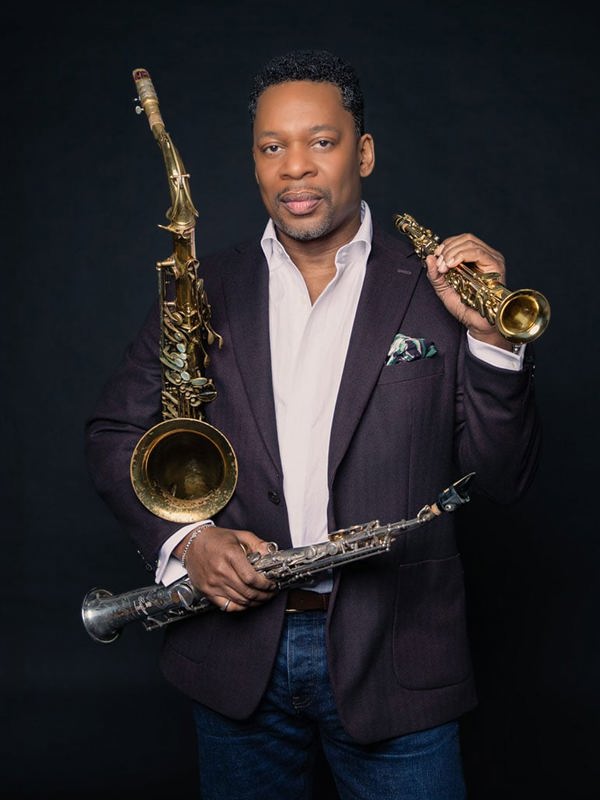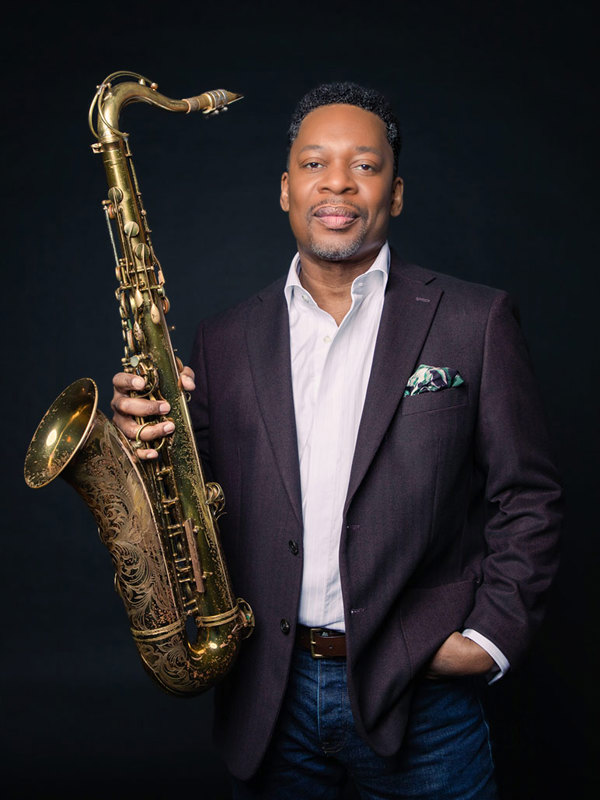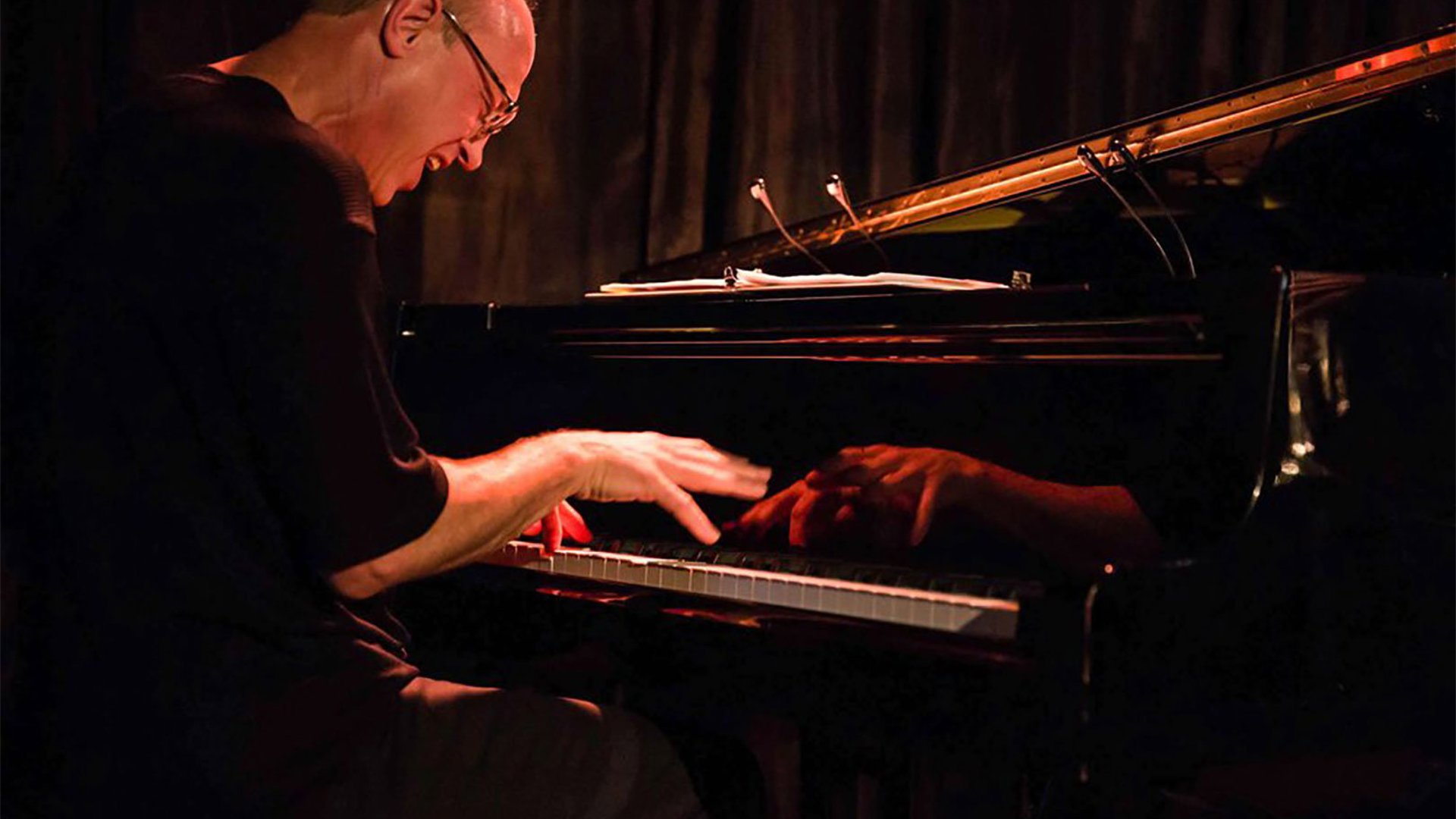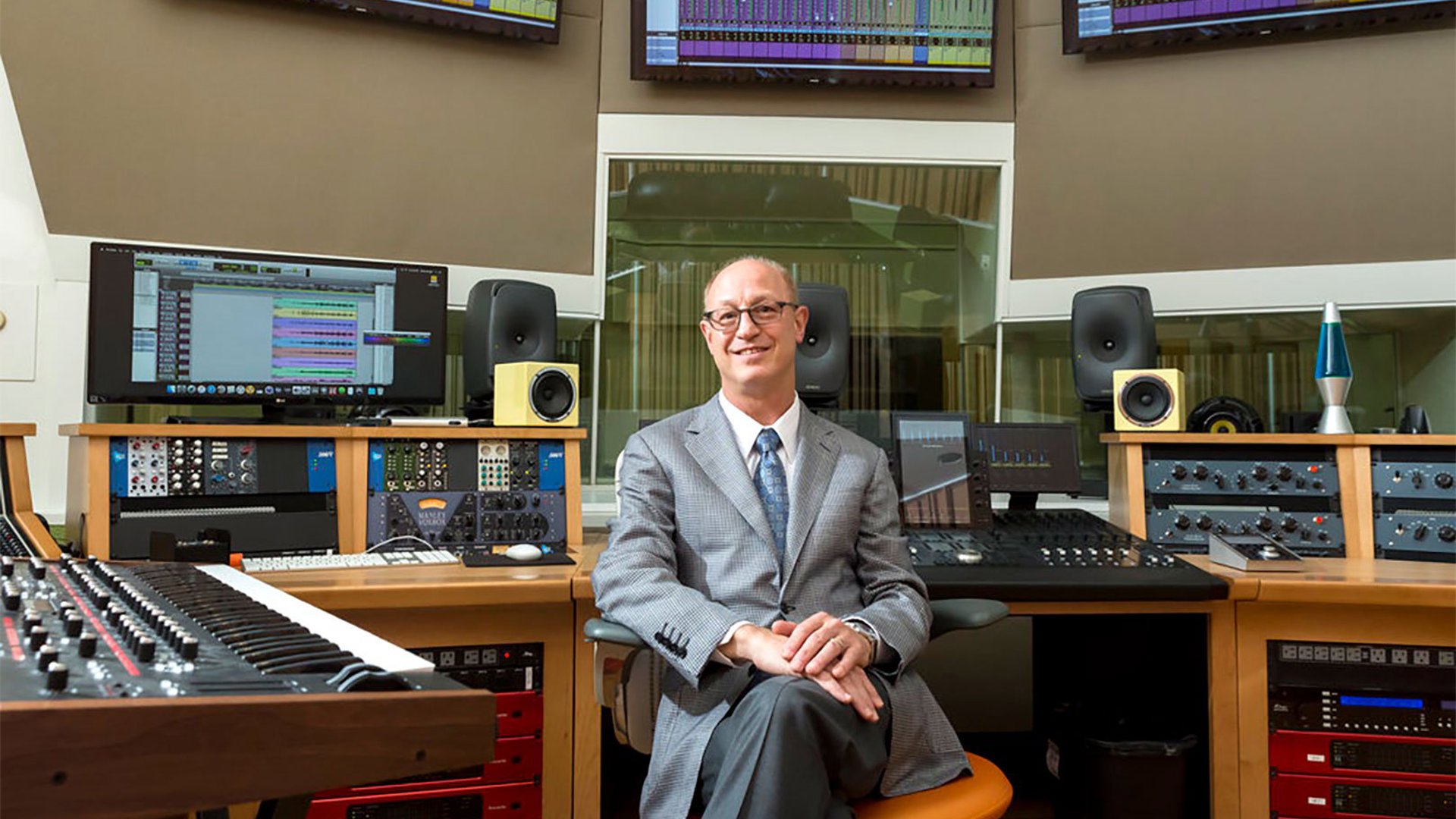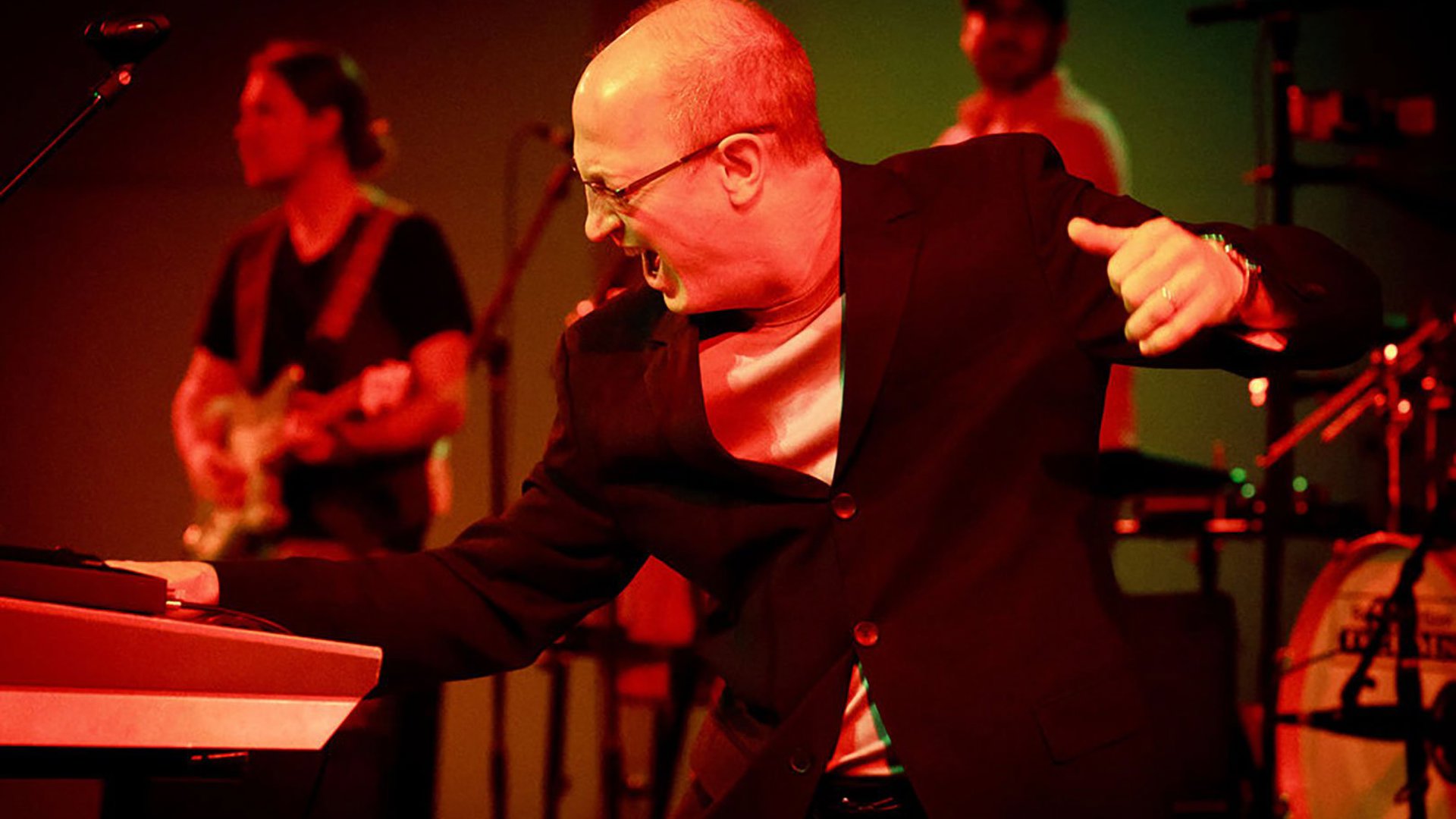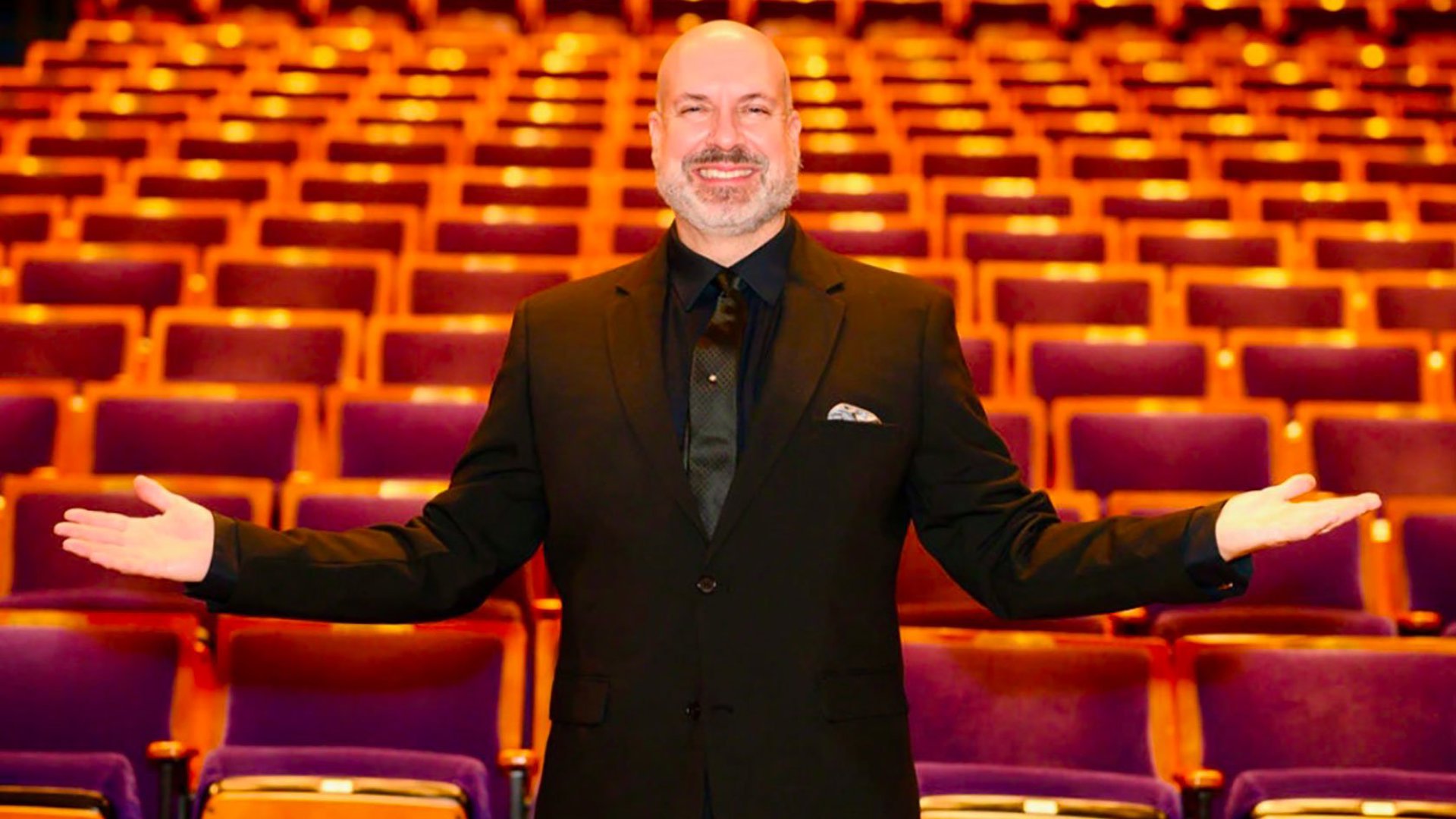November 7, 2025 at 8:00 PM
Synopsis
"Trumpeter Miles Davis was the quintessence of cool. A musical icon as well as a cultural one…” Read more at ArtBurst.com.
Photo credit: Rob Bogaerts/Anefo
Run Time
TBD
Parental Guide
8+
Series
Promo Code
Enter a promo code to see if your order is eligible for a discount.
Supporting Sponsors






Institutional Sponsors







